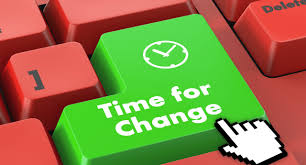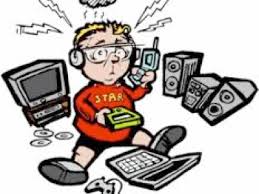Noting from studies how easily AI-powered chatbots can be manipulated to craft convincing phishing emails.
Connected care in the home has the potential to address both the preferences of older adults and the societal imperative to care for a rapidly growing aging population
A practical guide to understanding autonomous AI agents, why they matter for healthcare governance, and what to do about them.
The growing ecosystem of devices and products serving peoples’ health and well-being shows us that innovators already see the opportunity to serve the fast-growing market for self-care among people 50 years of age and up.
For nearly twenty years, one thing has felt inevitable: when boomers reach “old age,” senior living demand will surge. And yet ..

 Largest city in the US shows a path for an aging society. New York has long been a host and leader in supporting older adults, from being a
Largest city in the US shows a path for an aging society. New York has long been a host and leader in supporting older adults, from being a  Recent announcements, interesting offerings are worth a look. AARP recently completed the judging process for its
Recent announcements, interesting offerings are worth a look. AARP recently completed the judging process for its  Boomers and technology – it’s a given. Yesterday yet another baby boomer reporter asserted what is believed by many to be the obvious. Baby boomers will not be tech-phobic (presumably like their parents) – but will be willing and able to use the newest technology in their later years. What’s the proof? They use it now – for example,
Boomers and technology – it’s a given. Yesterday yet another baby boomer reporter asserted what is believed by many to be the obvious. Baby boomers will not be tech-phobic (presumably like their parents) – but will be willing and able to use the newest technology in their later years. What’s the proof? They use it now – for example,  Dial-up lives on -- and not necessarily out of preference. You may have read this last week:
Dial-up lives on -- and not necessarily out of preference. You may have read this last week:  Technology gadgets – ecosystem incompatibility. Look around a very digital home filled with parallel and incompatible ecosystems – and sigh. So many parts, so little integration – it seems vendors compete to death to NOT work together. Consider
Technology gadgets – ecosystem incompatibility. Look around a very digital home filled with parallel and incompatible ecosystems – and sigh. So many parts, so little integration – it seems vendors compete to death to NOT work together. Consider  Imagine all the non-digital photos and memorabilia. Forget Airbnb and driving for Uber. Boomers with creativity, organizational skill and some technology can follow multiple small business paths that have large emotional implications for the customer. Consider the large and small albums of photos, cassette tapes, home movies – not just from the boomers aged 51-71, but from their parents, and even some from their parents’ parents. Will anyone want it? Cynics contend that not only will the old content be lost due to disinterest, but that current content (selfies, group photos, Facebook and Instagram shots of that great dinner) will also be
Imagine all the non-digital photos and memorabilia. Forget Airbnb and driving for Uber. Boomers with creativity, organizational skill and some technology can follow multiple small business paths that have large emotional implications for the customer. Consider the large and small albums of photos, cassette tapes, home movies – not just from the boomers aged 51-71, but from their parents, and even some from their parents’ parents. Will anyone want it? Cynics contend that not only will the old content be lost due to disinterest, but that current content (selfies, group photos, Facebook and Instagram shots of that great dinner) will also be